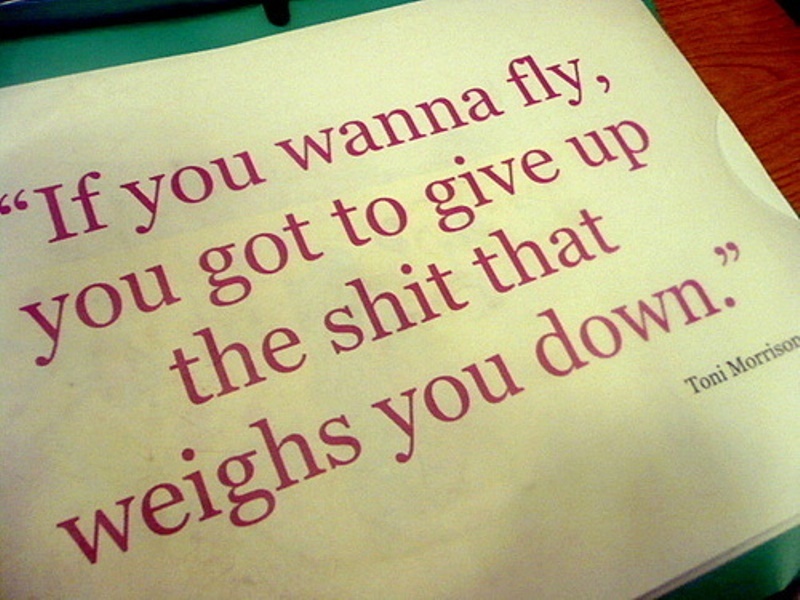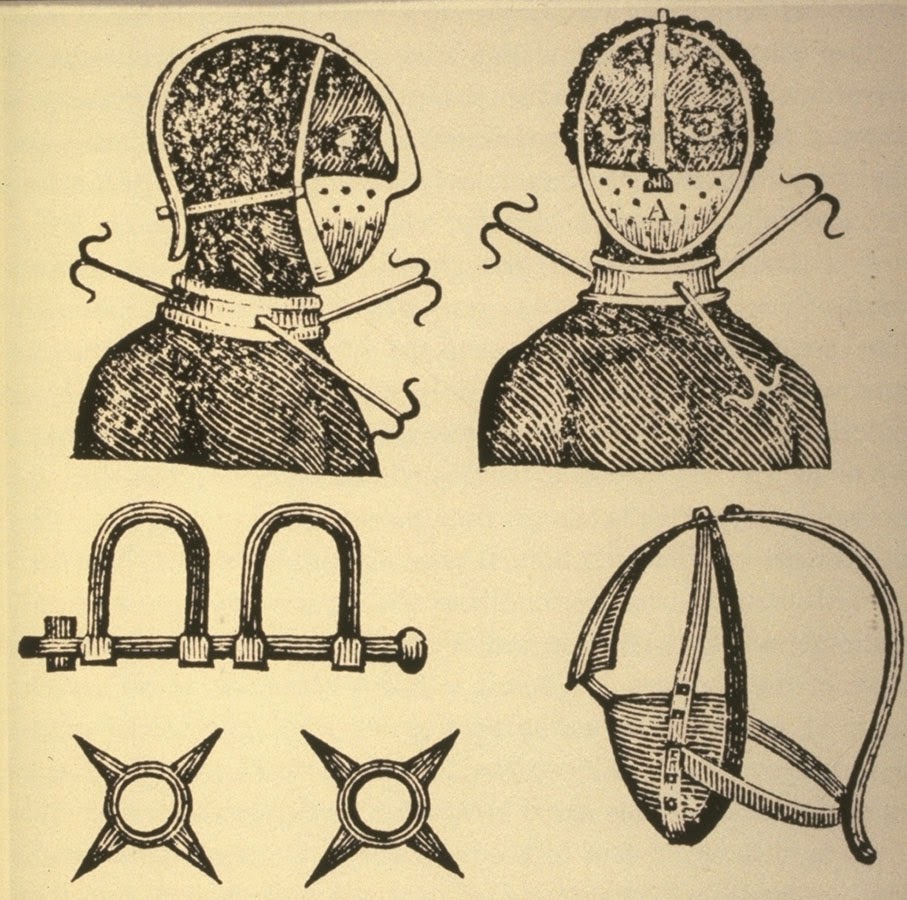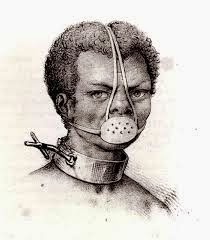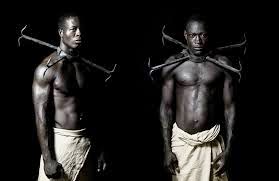I think history often does repeat itself, in the case of the dichotomy between black women and white men. Black women, just like in times of slavery, continue to be the object of white male desire that they hate to love. In a historical context, as it has been well documented, black women have always been "othered" in the sense of being "the sidekick" or "the jumpoff," but at the expense of black women being labeled "whore," without having any sort of physical attraction to her white male counterparts per say.
We can have the "Nicki, Nicki, Nicki" debate until we're blue in the face, but sometimes objectification doesn't have to be live and direct. That said, it brings me to the real point I'm trying to make which is "appropriation" if that is the appropriate word to use (and in case you're wondering, no, I'm not going straight to Iggy Azalea). Instead, I'd rather focus on this new artist Meghan Trainor and her song "All About That Bass," which, when you see the video, you will see has very little to do with baselines at all. Bass in this context is referring to big booties, which of course is the "trademark" of black women or what generally comes to mind when we think of black women. We all know that wide hips had not always been celebrated by mainstream media-- until now. What better way to have the best of both worlds by having this "thick" white girl, and I mean thick like black women, not fat, singing about appreciating not being a "size 2" when the setting of the video is inside of a Barbie doll playhouse.
Now, to bring Nicki back into the discussion, we basically have white women saying that they know how to be black women better than black women know how to be black women because they've got the formula down to a science now. If you notice in the video, there are several girls with blonde wigs and loud make-up on twerking without being overtly sexual like Nicki is in many of her older videos and in her biggest one since then, which of course is "Anaconda." Now while Trainor never actually mentions Nicki's name, the imagery and the use of the Barbie doll house and Barbie's likeness, which is Nicki Minaj's nickname for her fans and herself aka "Barbs," the correlation is almost blatant. So not only do we have Nicki's version of what black women look and act like, but we also have Meghan Trainor's caricature of "what black women look and act like" in response to Nicki's version. The kicker is Trainor was fully clothed throughout the entire video singing about how thick she is and her video has been viewed 527,672,037 times compared to Minaj's song about the exact same subject matter. She's almost completely naked in "Anaconda," yet her video has only been viewed on YouTube a total of 375,938,574 times. There is definitely exploitation of the black female body at play here, but that's not the point I'm making. The double whammy is Nicki's denigration of herself and of the other black females of the culture, and how she yet STILL finishes in 2nd place.
If patriarchy is to blame in relation to white guys and black girls, the elephant in the room is that mainstream media still desires and esteems "whiteness" over blackness or over what is deemed as "black-ish". The issue is that Trainor's video is billed as being about women loving their own body image, particularly white women gaining a newfound appreciation of their thicker bodies than the typical skinny "Barbie-like" figure, which is a concept that many young girls can readily relate to. As great as that is, the only problem is that black women have not been "congratulated" for being thick all along, but rather humiliated for being differently shaped from white women. That's no coincidence. What it is is yet another opportunity to capitalize on the black female form-- without using the black female form. In other words, they are aiming to make black women obsolete and irrelevant all over again through using this kind imagery and it's not an accident.
To be fair, there are more than a few thick black models in Trainor's video, but the focus is not on them appreciating
THEIR bodies, rather it's on the white girl out front who is just "learning" to appreciate her body for what it is. So again, it keeps the conflict going between black women and white men, black women and white women, and black women and black men. Trainor actually says in her song, "my mama, she told me don't worry about your size; she says boys like a little more booty to hold at night." Oh really? And which boys are these? Certainly not white boys who have specifically said that they would never date black girls because their butts were too big. Historically speaking, this is absolutely false of white female culture until recently. On top of that, she says in the 2nd verse, "I'm bringing booty back; go ahead and tell them skinny bitches bye." Nicki literally says just about the same line in "Anaconda": "This one is for my bitches with a fat ass in the fucking club; fuck those skinny bitches in the club."
First of all, excuse my expression, but big booties never went anywhere to begin with, they just appeal more to white people now, as a substitution for the black female form so that they no longer have to fully recognize them any more because thick girls are "represented and accounted for" now; secondly, why did they say virtually the same thing throughout both of their songs, but only Nicki, not Nicki and Meghan, got labeled as a ho? I'm not saying that either one is more right than the other because both songs make a mockery of black women collectively, but I just notice that there's a considerable amount of racial disparity, that is, inconsistency and a double standard, at play here. As for the white male's view of the black woman, at least in this particular scenario, it is gradually becoming one of invisibility and neglect... AGAIN.
Here's the link to both videos, you be the judge:
https://www.youtube.com/watch?v=LDZX4ooRsWs
https://www.youtube.com/watch?v=7PCkvCPvDXk









